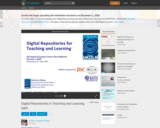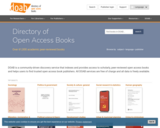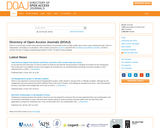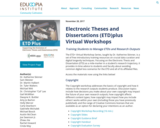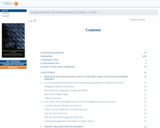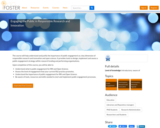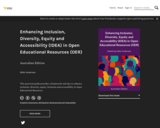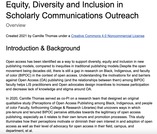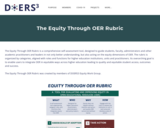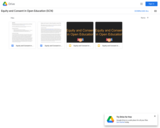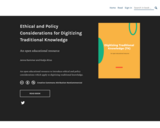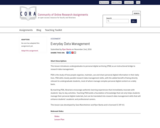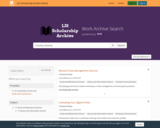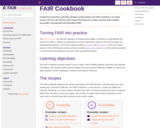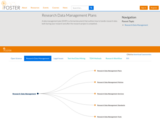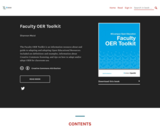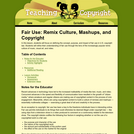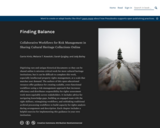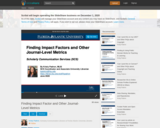Open access has been identified as a way to support diversity, equity and inclusion in new publishing models, compared to inequities in traditional publishing models.Despite the open movement being decades old, there is still a gap in research on Black, Indigenous, and faculty of color (BIPOC) in the context of open access. Understanding the motivations for and barriers against Open Access (OA) publishing (and the relationships between them) among BIPOC faculty helps LIS practitioners and Open advocates design incentives to increase participation and decrease lack of knowledge and stigma around OA.
In 2020, Camille Thomas served as co-PI on a research team that designed an original qualitative study (Perceptions of Open Access Publishing among Black, Indigenous, and people of color Faculty, forthcoming College & Research Libraries) that uncovers ways in which pre-tenure and tenured BIPOC perceive attitudes towards the legitimacy of open access publishing, especially as it relates to their own tenure and promotion processes. This study illuminates how their perceptions motivate or diminish their own interest in and adoption of open access as well as their level of advocacy for open access in their field, campus, and department, et al.
To foster practical application of outreach needs based on responses from the study, this resource includes:
- Readings
- Discussion questions
- Sample Scenarios, Events and Initiatives
- Assignments
Assignments were specifically created for developing strategic initiatives and outreach to support marginalized scholars. While these materials do not seek to solve systemic issues in academic research, they will encourage building equitable open infrastructure and an inclusive culture when discussing open access at institutions. This resource provides hands-on assignments to integrate inclusive practices in outreach and technical work. It will prepare students for practical experience with open advocacy and encourage deliberate outreach planning, execution and assessment as scholarly communication continues to evolve.
Learning Objectives
To understand diverse needs of researchers and scholars based on their positionality and intersectionality (student, post-doc, research topics, discipline and departmental culture, identities)
To identify when encouraging open may harm researchers or communities
To develop messaging that highlights social justice through open access’ benefits of transparency, access and non-traditional formats
To develop strategic initiatives that address the unique needs of an institution and its surrounding community
To develop advocacy, leadership and management skills by planning, executing and assessing strategic initiatives
